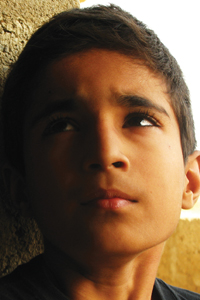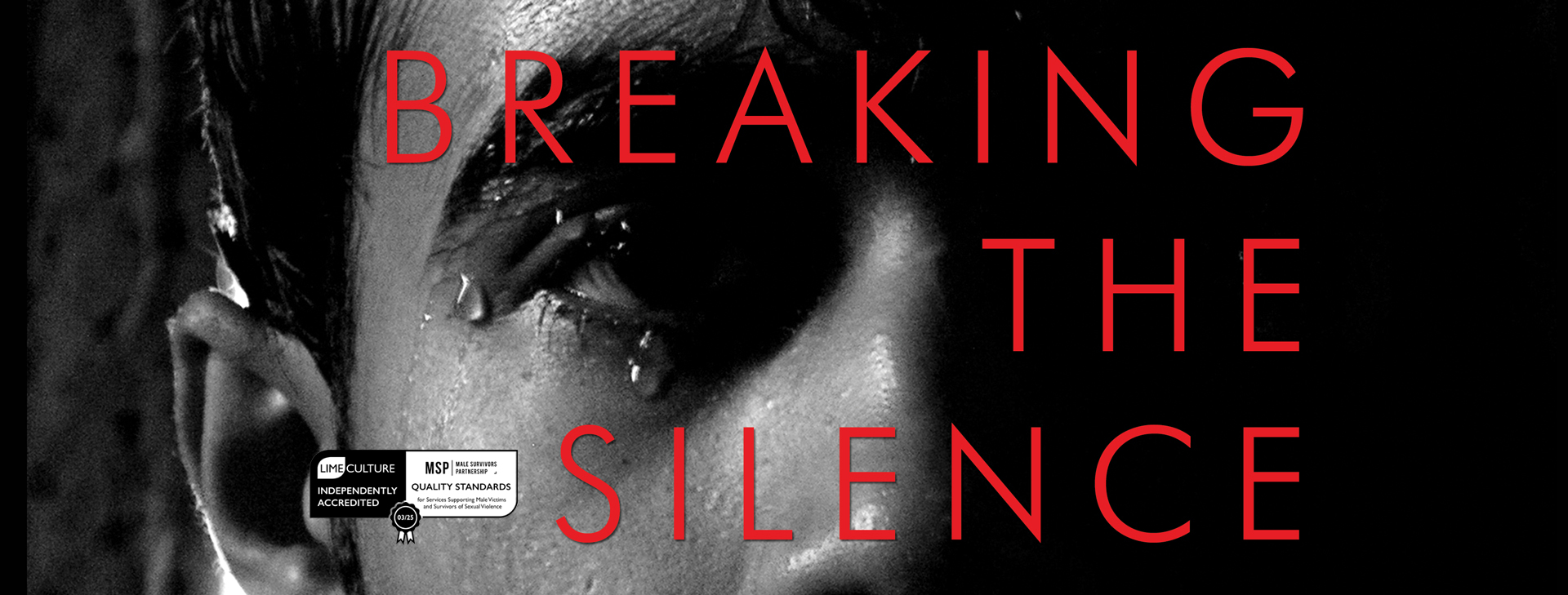Breaking the Silence is a confidential service. Our strict adherence to the British Association for Counselling and Psychotherapy’s Ethical Framework means we will not discuss details of the counselling sessions without the express written and verbal permission of the client.
Exceptions to Confidentiality
In exceptional circumstances we may have to disclose information but we would make every effort to do this with your knowledge and agreement. These exceptions are outlined in the BACP guidelines on confidentiality and are:
- Where there is risk of harm to yourself or others
- Under the Prevention of Terrorism Act
- If the counsellor is subpoenaed or summoned as a witness in a Court of Law

Record Keeping
The Service works under the terms of the Data Protection Act 1998. The factual data you give to the Service and the dates on which you attend for Counselling are stored in order to compile anonymous statistics on the use of the service. Your Counsellor may also keep notes on your meetings to help him/her in their work with you. These are kept securely. In accordance with the BACP Ethical Framework of Good Practice counsellors adhere to strict principles of anonymity in their record keeping. Our policy is to keep minimum notes and records. The information we do store includes:
- Personal information, such as your name, date of birth, address etc;
- Background information that might be relevant to the counselling process;
- Your signed contract with us;
- Confidential case notes (describing the main focus of the session with any important information);
- Information for service evaluation and statistical purposes.
Access to Records
Under the Data Protection Act (1998), clients have the right to access any records kept about them. This does not include sensitive information about a third party or confidential information obtained from another source, e.g. correspondence from a tutor or a doctor. If you would like to access your counselling records, requests need to be made to the Head of Service in writing, briefly stating your reason(s).
Breaking the Silence – Inclusivity
Our Commitment to Inclusivity
Unwanted and abusive sexual experiences in childhood can affect all men regardless of race, religion, class, ethnicity, sexual orientation, culture etc.
How this trauma affects each individual depends on the social, religious, cultural and personal influences in his life.
Breaking the Silence recognizes that there are ‘barriers’ that prevent men from South Asian communities talking about their suffering. These prevents them healing. These may include:
- Sharam and Izzet – Shame and honour: cultural prohibitions against disclosing secrets (this only serves to protect abusers).
- Sexual abuse remains ‘taboo’ or ‘hidden’ – South Asian communities lack the vocabulary (in their mother tongue) to describe it.
- Sexual abuse is considered a ‘western phenomena’ – something that only affects ‘white people’.
- Limited opportunities to share this experience with someone impartial e.g. not from your community.
- Fear that existing support services e.g. Social Services, won’t understand your culture and respond in a way that puts you more at risk.
- Expectations about men and emotion e.g. men don’t hurt, men don’t talk, men are tough. This only protects the abuser further.
- Rejection or threat of rejection by family or community – told to accept the situation, or even blamed for it. Told to keep it secret or face consequences e.g. family will be made outcasts from the community; held responsible for breaking up the family; threat of violence.
- Creates greater sense of isolation.
Breaking the Silence believe that any effective support and healing must respect and honour the contexts above that affect each man’s life. It is only by understanding the unique dilemmas faced by South Asian men that we can provide a service that can help men to heal and live healthier, more fulfilling lives
